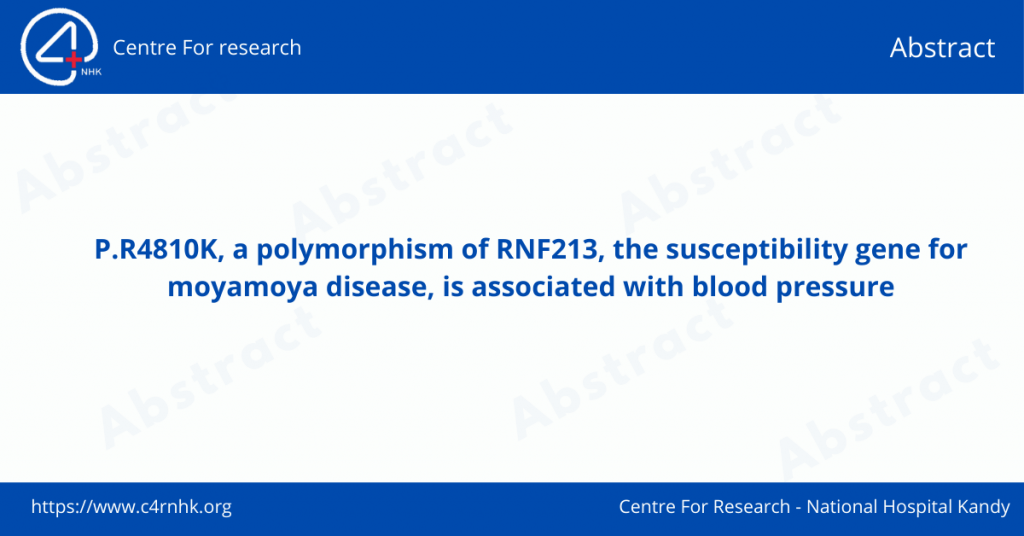The authors conducted an observational study to compare the clinical course and impact on renal function of dengue fever in renal transplant recipients, patients with chronic kidney disease (CKD), and patients with normal baseline renal function. The study was done during a dengue epidemic in India and included 12 transplant recipients, 22 CKD patients, and 58 controls.
The study found some differences in clinical manifestations between the groups. CKD patients had shorter fever duration and more hemoconcentration. Transplant patients had lower nadir leukocyte and platelet counts and took longer for platelet recovery. Renal function worsening was very common in CKD patients and transplant recipients but less so in controls. 16 CKD patients required dialysis versus only 1 transplant recipient and none of the controls. 7 CKD patients remained dialysis-dependent after 2 weeks. Mortality was low overall.
The study is interesting and addresses an important clinical issue, as dengue is endemic in many areas with increasing numbers of renal transplant recipients and CKD patients. The prospective design is a strength. The sample size is moderate but may be adequate to detect major differences between groups. The criteria for diagnosing dengue seem appropriate. The three groups appear comparable at baseline. The statistical analysis seems suitable for the study aims and data.
Some limitations are the single center design which may limit generalizability of findings. The CKD group included patients with very advanced kidney disease which may explain the high rate of persistent dialysis-dependence. Residual confounding is possible, as the analysis did not adjust for all potential confounders like age and comorbidities. The short follow-up period prevents conclusions about long-term renal prognosis. Information on dengue serotypes and primary vs secondary infection would have enriched the analysis. The standardized definitions for organ dysfunction are useful but some relied only on clinical data without lab/imaging confirmation.
Overall this appears to be a reasonably well conducted study that provides useful clinical data on a topic with little prior research. The results highlight the vulnerability of CKD patients to severe dengue manifestations. Additional studies should further investigate the pathogenesis of dengue-associated kidney injury. Research with larger sample sizes and longer follow-up could better characterize prognosis and form the basis for clinical recommendations in these special populations.


